It’s been a busy past three months! The Freedom from Slavery Forum held three regional events focusing on Latin America, the Middle East and North Africa, and the combined regions of North America, Europe, and the Caribbean. This concluded the series of 2021 regional forums, an initiative begun this year to increase access, equity, and diversity into the global fight against modern slavery and human trafficking.
Throughout each regional forum, representatives from civil society organizations, local and federal governments, United Nations bodies, and international organizations gathered to discuss the pertinent issues present in their specific contexts.
Latin America
The Latin America Forum was held in Spanish from September 21-23, 2021, with 77 individuals participating from 16 different countries. Its three days of programming focused on the following topics: “Building Inclusive Movements: How to engage indigenous and survivor voices while eradicating root causes and preserving human rights;” “The role of corruption, migration, and technology on human trafficking in Latin America;” and “Beyond Latin America: Connecting the region to the worldwide movement.”
Keynote speakers included: independent expert on human trafficking and human rights Fernando García Robles; Regional Director of Latin America of the UNODC Carlos Andrés Pérez Gallego; and, the Minister of the Presidency of the Government of Costa Rica Geannina Dinarte.
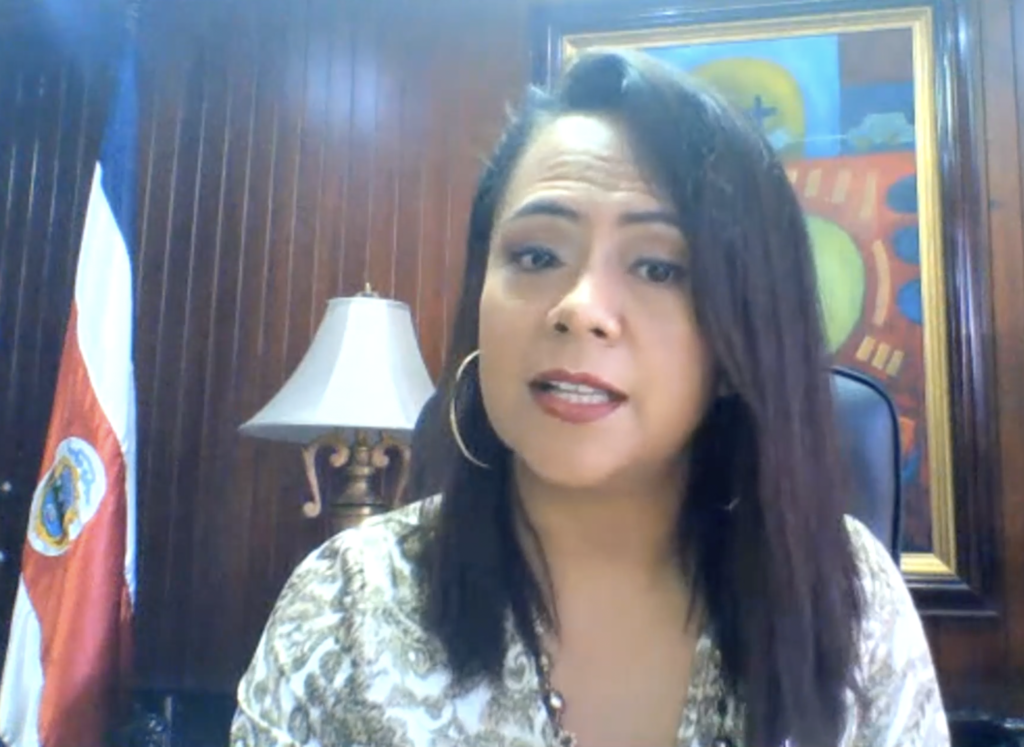
After learning from these and other experts, survivors, and organizations, participants were asked to categorize their priorities for three main audiences: Alliance 8.7 and the global movement to end modern slavery, Latin American government leaders, and private sector and civil society actors in the region. It is noteworthy that the integration of indigenous perspectives and survivors of human trafficking was highlighted in all three categories, constituting the primary priority identified by participants. Additional priorities can be found in the Latin America Forum report here.
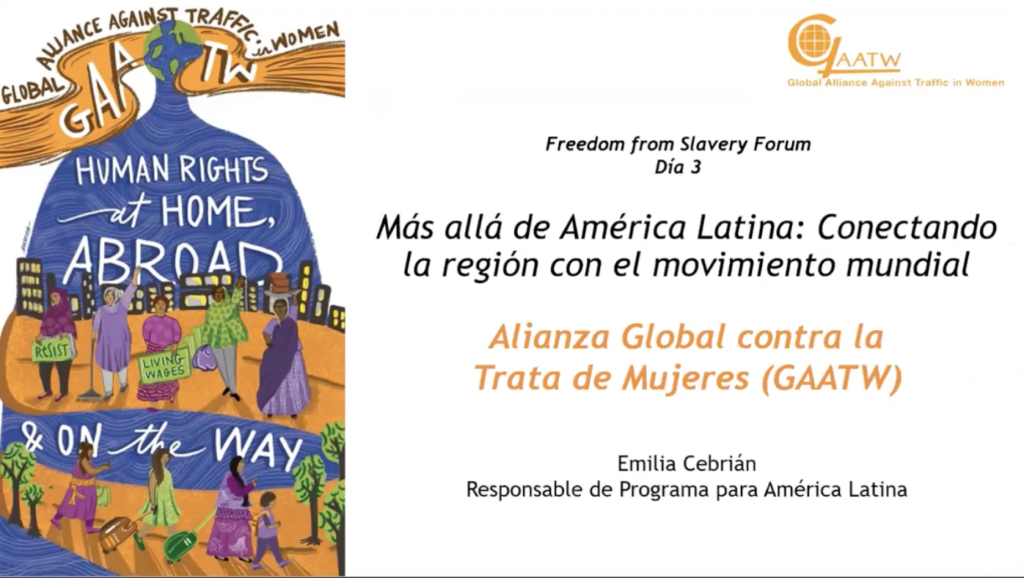
Middle East and North Africa
From October 26-27, 2021, 55 anti-slavery movement leaders from 25 countries participated in the Middle East and North Africa Regional Forum, held in both Arabic and English. The programming focused heavily on the issue of worker exploitation in the region. Day 1 of the Forum focused on vulnerability to human rights abuses in the MENA region with special regard to the kafala system. Programming on Day 2 took a closer look at possible solutions to break the cycle of exploitation and identify ways to innovate and cooperate. The sessions focused on legal reforms on the national and international level, as well as introduced a community-based approach and a solution to start at the recruitment process.
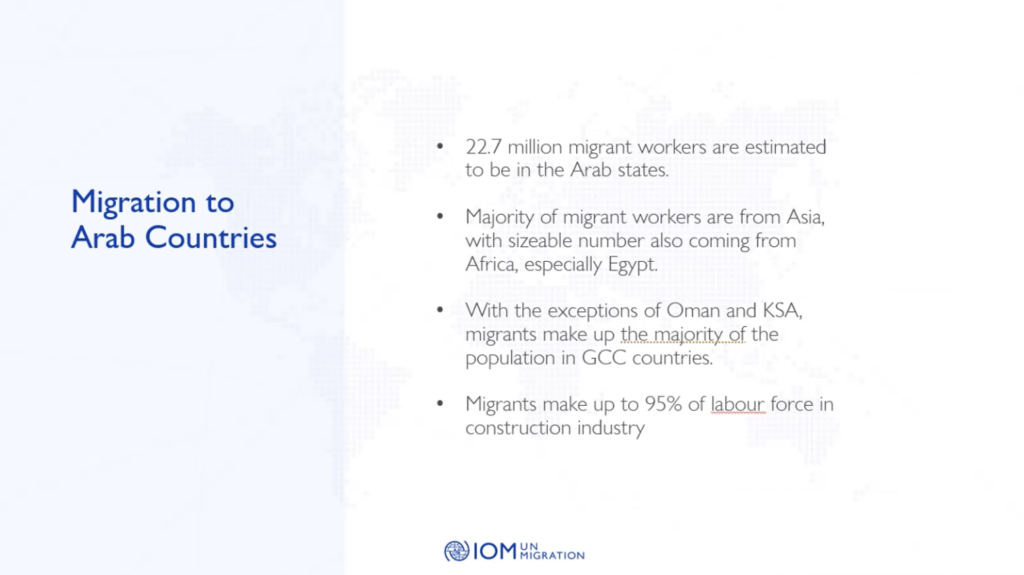
As in the other Forums, participants gathered in a collaborative workshop to come up with a list of regional priorities. The most reiterated priorities were a need for increased collaboration among governments and civil society organizations and increased education campaigns for migrant workers. Additional priorities can be found in the MENA Forum report here.
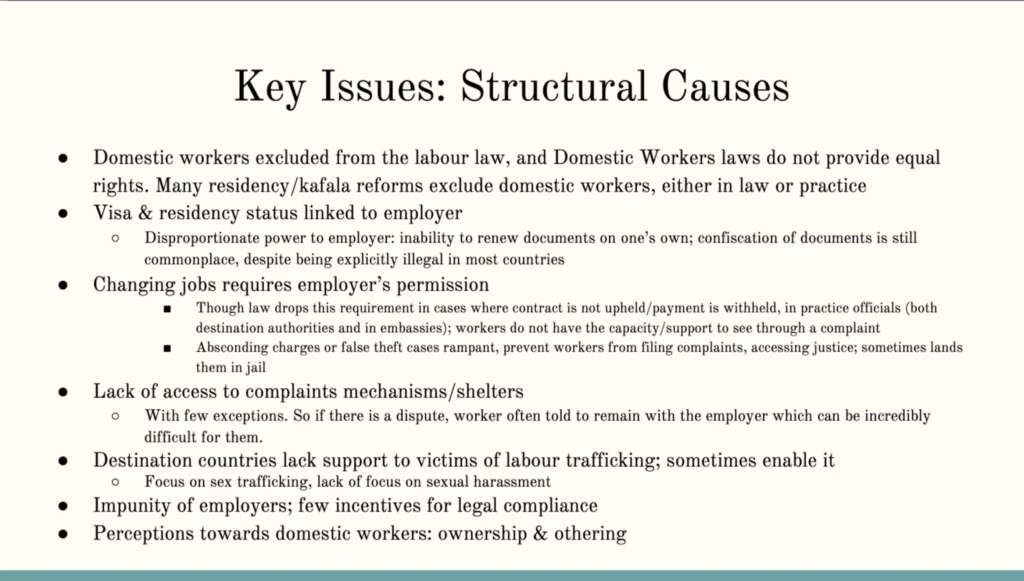
North America, Europe, and the Caribbean
The final regional Forum in the 2021 series focused on the combined regions of North America, Europe, and the Caribbean. It was held from November 15-17, 2021, and 59 individuals from 23 countries participated in English, Spanish, and French. Day 1 centered around the theme of “Exploring exploitation in the regions” and introduced the global problem of exploitation, while exploring the interconnectedness of the regions regarding this issue. Day 2’s theme was “Finding solutions in legal frameworks and by involving survivors,” and panelists talked about the current legal situation in the regions as well as the loopholes that allow exploitation to continue. Civil society organizations and survivor leaders also presented key recommendations to ensure that survivors are not only protected but have the capacity to strengthen programs, policies, and laws that effectively counteract modern slavery and protect the most vulnerable in every step of the process. Day 3 discussed possibilities to network and cooperate. This session included a presentation of the Alliance 8.7, as well as those by intergovernmental bodies and CSOs on their solutions to eradicate modern slavery.
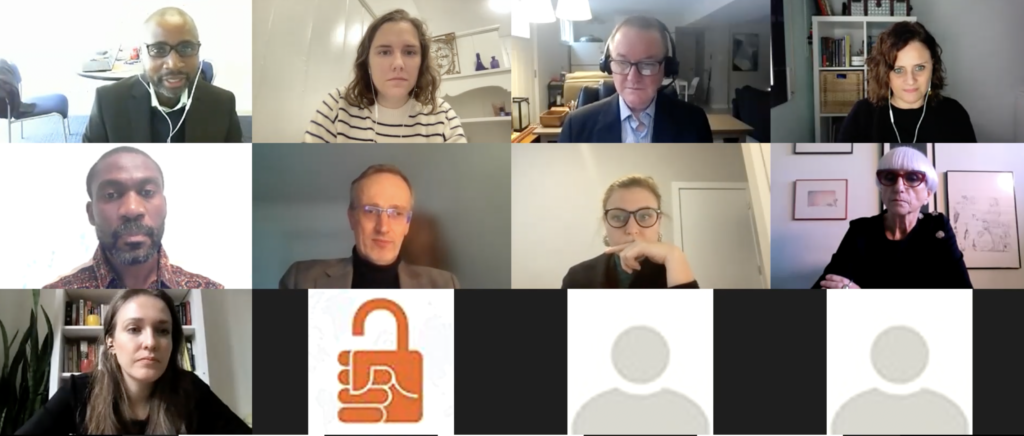
Priorities were broken down by region. With regard to North America and Europe, participants highlighted the need for greater survivor involvement in eradication strategies and within decision-making mechanisms of the anti-slavery movement. For the Caribbean, participants and panelists highlighted the need for stronger legal frameworks and education campaigns that are sensitive to the local context and culture of children helping their families.
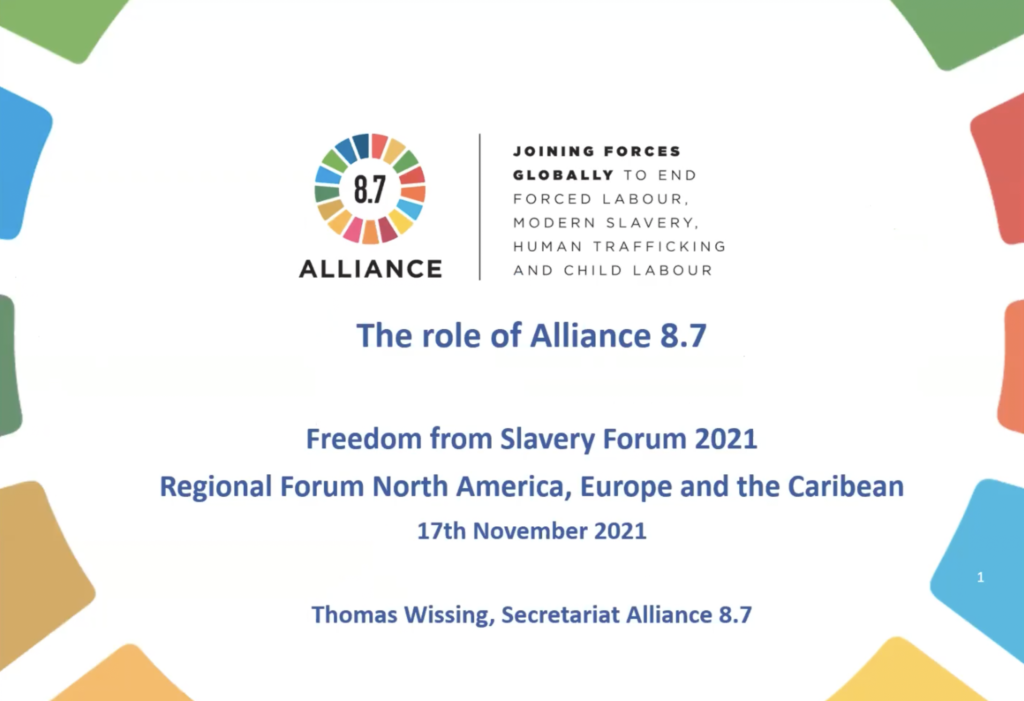
The most important recommendation that can be implemented by the international community including all actors involved that was repeated numerous times throughout the Forum is the need for increased cooperation between states themselves, between states and the private sector, and between CSOs and movement leaders all over the world, including the building of public-private partnerships. The final report for this Forum is not yet available, but it will be posted on the homepage of the Forum website in the coming weeks.
The series of regional Forums was originally supposed to culminate in a Global Freedom from Slavery Forum held in-person in Marrakesh, Morocco from December 5-8, 2021. However, due to the unpredictability of the COVID-19 pandemic and the discovery of the Omicron variant in late November, the Global Forum was postponed. A new set of dates will be determined and shared with attendees once it becomes safe enough to proceed.
Free the Slaves serves as the secretariat for the Freedom from Slavery Forum.
Brittany Hamzy is the Free the Slaves Policy and Advocacy Officer



